Buy Truxima (rituximab) Online For Sale
From $582.00
DISEASE INDICATIONS: Leukemia, Lymphoma, Rheumatoid Arthritis, Granulomatosis, Polyangiitis
MANUFACTURER: Celltrion Healthcare Hungary Kft / Teva Pharmaceuticals
USAGE: Intravenous
MEDICINE APPROVED BY:
European Medical Agency (EMA)
Food and Drug Administration (FDA)
Health Canada
Therapeutic Goods Administration (TGA)
Medsafe (NZ)
Truxima (rituximab) is a drug prescribed for the treatment of follicular lymphoma and diffuse large B-cell non-Hodgkin’s lymphoma (NHL), chronic lymphocytic leukemia (CLL), severe active rheumatoid arthritis, granulomatosis with polyangiitis, and microscopic polyangiitis.
What is Truxima (rituximab)?
Truxima (rituximab) is a monoclonal antibody that targets CD20 molecules found on B-lymphocytes, which are involved in various immune system dysfunctions. It is indicated for primary diseases such as follicular and diffuse large B-cell non-Hodgkin’s lymphoma, chronic lymphocytic leukemia, severe active rheumatoid arthritis, granulomatosis with polyangiitis, and microscopic polyangiitis.
Truxima is the first rituximab biosimilar that can be used for approved indications alone or in combination with other therapies in the United States and the European Union.
How does Truxima (rituximab) work?
Truxima contains the active ingredient rituximab, which is an antibody working against the CD20 protein present on the surface of B-cells. Abnormalities in the immune system resulting from dysfunctions of B-lymphocytes can cause several diseases. These include non-Hodgkin’s lymphoma (NHL), rheumatoid arthritis, and granulomatosis with polyangiitis. By binding to CD20, rituximab initiates cell death, which stops B-cells from causing these severe pathologies.
Where has Truxima (rituximab) been approved?
Truxima (rituximab) has been approved in various countries, including the United States, the European Union, Australia, Canada, and New Zealand.
How is Truxima (rituximab) administered?
The dosage and administration of Truxima (rituximab) vary depending on indications and patient condition. Therefore, it is essential to consult a physician for personalized dosing information. The official prescribing information contains complete details of dosage and administration information.
Are there any known side effects or adverse reactions of Truxima (rituximab)?
Common side effects of Truxima (rituximab) can include fever, infusion reactions, chills, asthenia, headache, and infections. Serious adverse reactions listed in the prescribing information include tumour lysis syndrome, cytokine release, progressive multifocal leukoencephalopathy, angina pectoris, cardiac arrhythmias, and severe skin reactions. Pregnant and breastfeeding women are advised to avoid using Truxima as it may have fatal effects on the fetus. The official prescribing information provides a comprehensive list of side effects and adverse reactions.
| Package | 1 vial of 100 mg, 1 vial of 500 mg |
|---|
3 reviews for Buy Truxima (rituximab) Online For Sale
Add a review Cancel reply
Related products
Rheumatology
Rheumatology
Rheumatology
Rheumatology
Inflammatory Disease
Dermatology
Dermatology


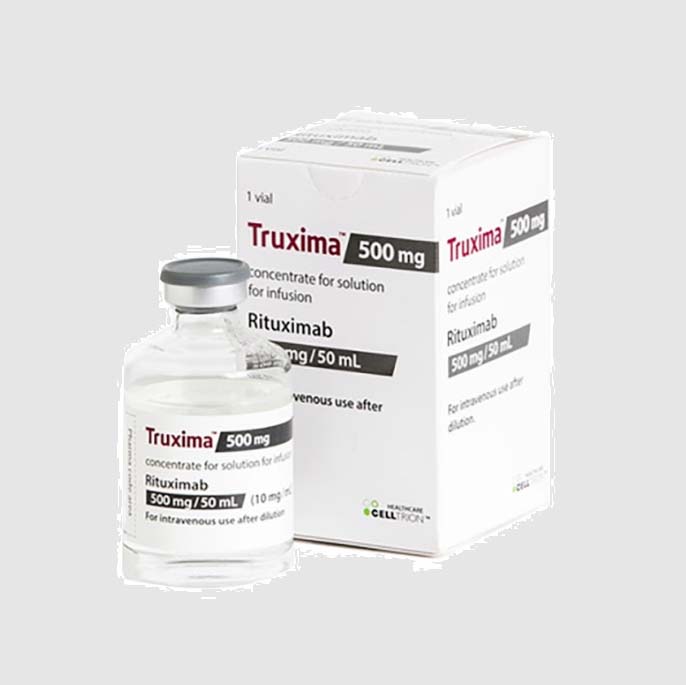
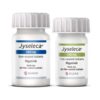

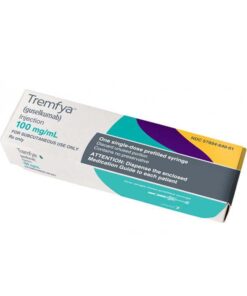
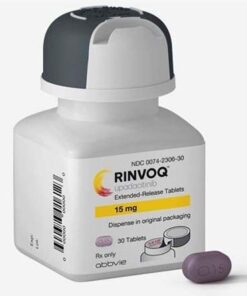
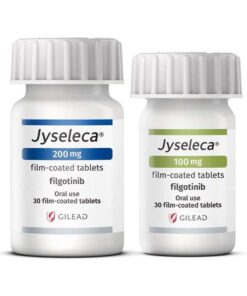
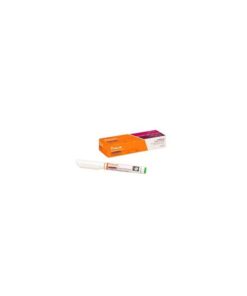
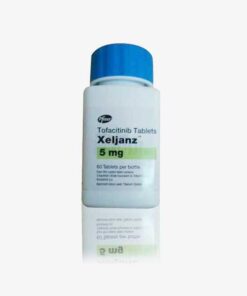
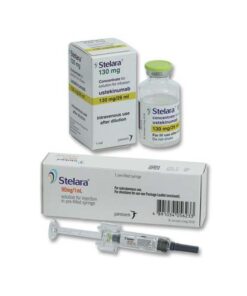
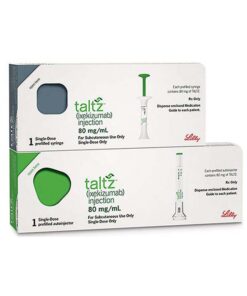
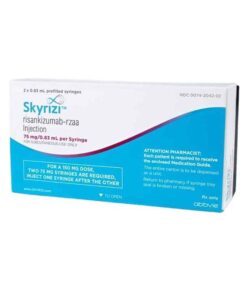
Dr. Jonathan P. –
As a hematologist, I’ve used Truxima routinely in patients with both hematologic malignancies and autoimmune conditions. The clinical outcomes are consistent with Rituxan, and patients tolerate it just as well. The cost savings can be significant, especially in systems where access is limited by coverage. Truxima is a high-quality, dependable option I feel comfortable recommending across indications.
Marisol –
When my son was diagnosed with non-Hodgkin’s lymphoma, it was terrifying. His oncology team included Truxima as part of his chemo protocol, and we saw amazing progress. His scans showed significant tumor reduction, and he tolerated the treatment very well. Knowing Truxima is a proven biosimilar to Rituxan gave us confidence. It worked — and now he’s in remission.
Lisa –
I was diagnosed with rheumatoid arthritis years ago and had been on Rituxan before switching to Truxima. Honestly, I was nervous about switching to a biosimilar, but it’s been seamless. My symptoms remain under control, and I haven’t noticed any difference in how I feel — except now it’s much more affordable. Same results, lower cost, and less stress on my insurance.